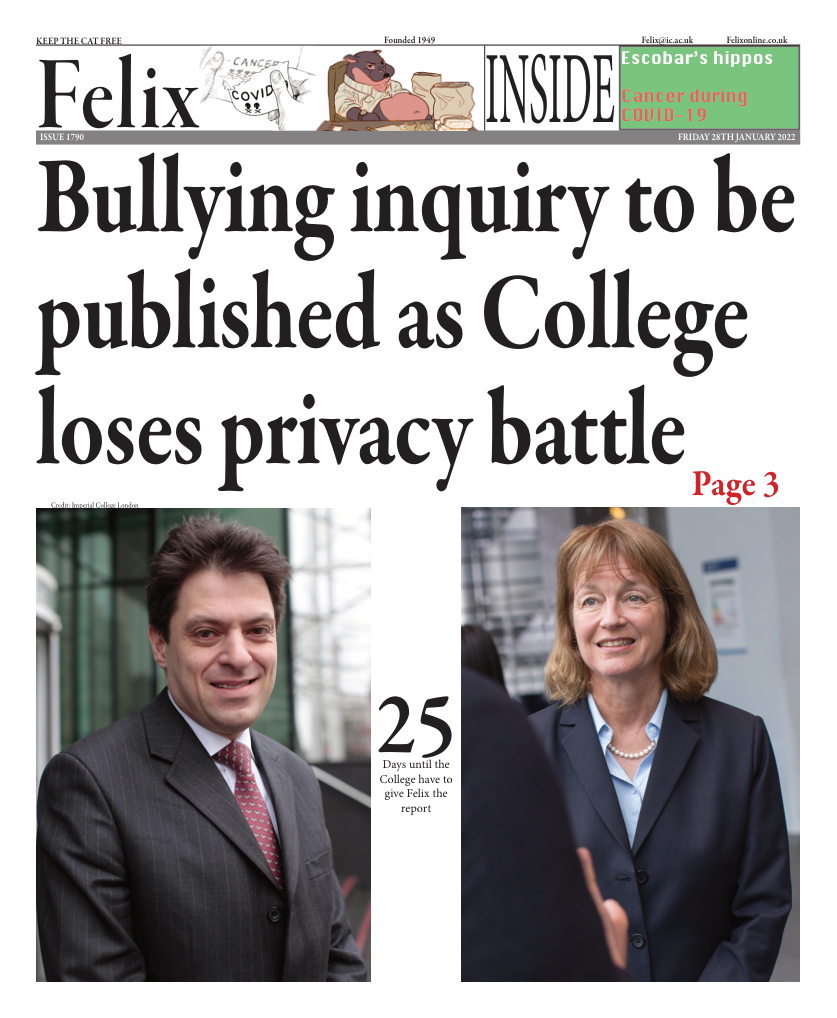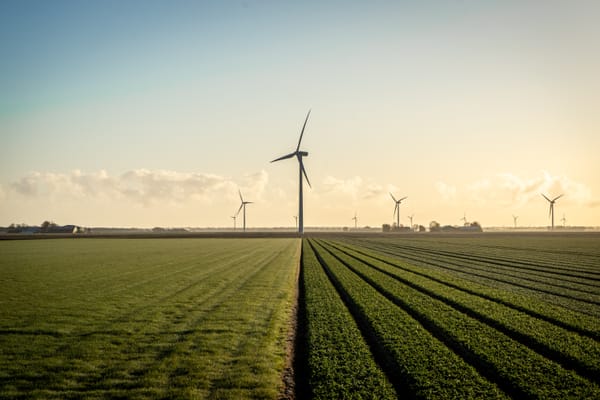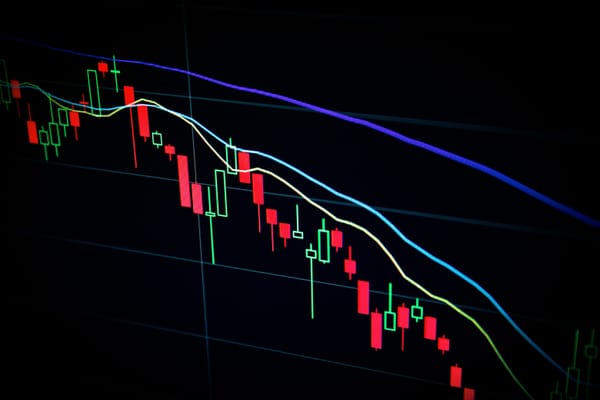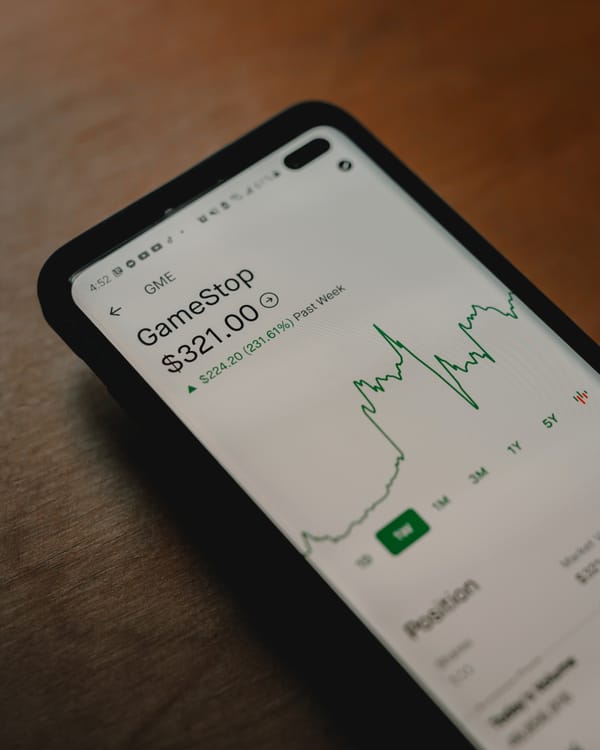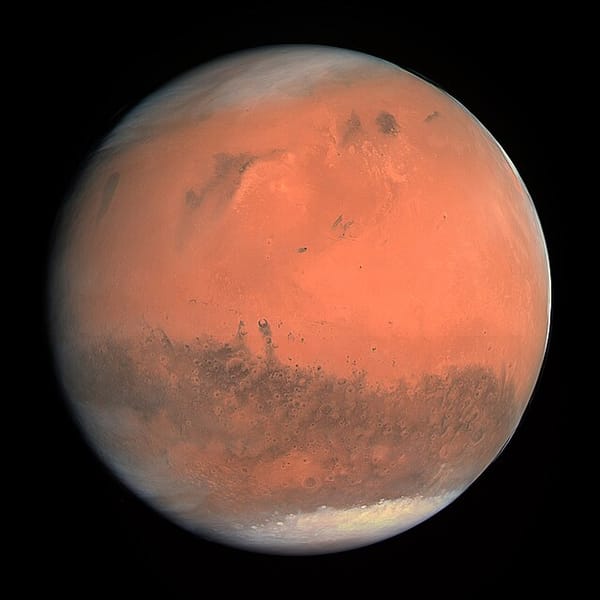Europe’s Energy Price Crisis & its High-Stake Politics
Ukraine is a big news story over the past few weeks, but how could macroeconomics be playing a part in stoking tensions between the different sides involved?
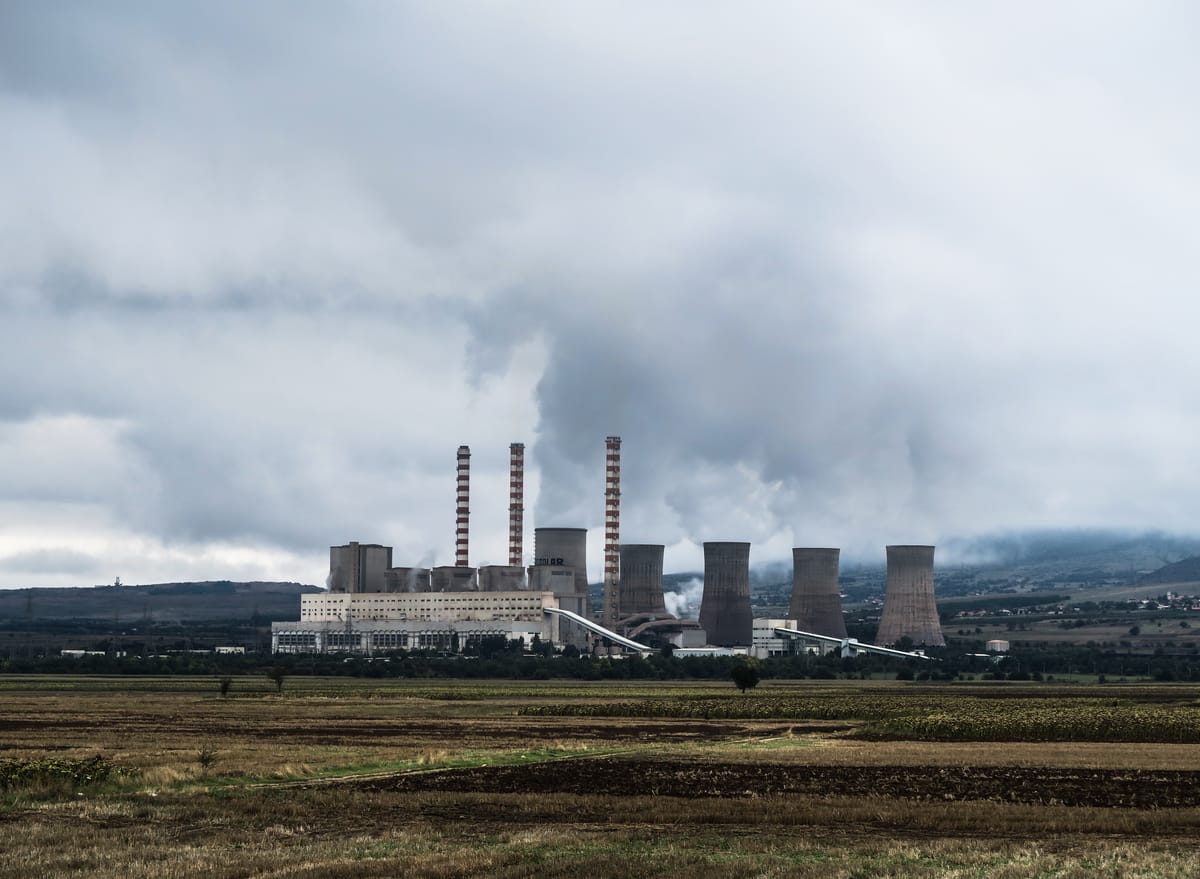
With Groningen down, oil production and natural gas supply still lagging behind the recovered post-pandemic demand, and the overzealous shift from fossil fuels to renewable energies, Europe finds itself amongst sky-high energy prices, with Germany paying the biggest bill. But with Europe paying almost quadruple the US price for natural gas, the question arises why the continent was hit so much harder by the surge in energy prices than the US. Apart from the US being one of the biggest Liquified Natural Gas (LNG) exporters in the world – well on its way to becoming the biggest exporter in 2022 – Europe is stuck between the adverse consequences of its past decisions, unfavourable coincidences and a potential power play, all of which influence five major reasons.
First, ensuing last winter’s depletion of natural gas supplies, the continent’s hasty decarbonisation efforts led to limited domestic gas and coal capacity alongside a lack of establishing sufficient alternative energy resources. Second, Europe also failed to recognise the imminent supply shock and replace its limited pipeline capacity with the globally-sold LNG, unlike Asia and South America, which were the quickest to react and increase their LNG imports, keeping their prices down. Rendering the situation even more precarious, third, the Netherlands is phasing out Europe’s top natural gas producer, the gas field in the Dutch province Groningen, as it triggers earthquakes. Additionally, the supply’s failure to catch up with recovered demand poses the fourth complication. However, the fifth reason – Russia’s limited gas supplies to Europe – already points into a very different direction: a political one. While it stands as a fact that Russian pipeline flows are lower than in previous years, it remains a point of controversy whether the cold Russian winter, increasing domestic gas demand, or a political power play to push Nord Stream 2 (NS2) negotiations stands behind Gazprom’s (Russia’s national gas producer) decreased supply.
Since the situation is quite complex, let’s take a minute to get an overview. With 55 billion cubic meters of Russian gas imported annually, more than a third of Europe’s gas requirements are already provided by Gazprom. Europe’s next step to a secure gas supply and the delivery of an emission-friendly transition fuel (compared to coal and oil) was the construction of NS2, running from Russia through the Baltic Sea to Germany. However, German authorities have been continuously delaying the final legal permission of the second pipeline. Initial concerns surrounded three topics: the sustainability aspect, Europe’s heightened dependency on Russia and the economic burden on previous transition countries. Ukraine, Poland, and the Baltic States accommodate the current gas land routes, the Brotherhood and the Yamal-Europe pipelines, whose transit fees act as significant revenue sources, e.g., making up 4% of Ukraine’s GDP. But NS2 not only bypasses previous transit countries, it also puts alternative gas suppliers, such as the US, at a disadvantage. Hence, the US and Germany are committed to imposing sanctions on Russia if NS2 is exploited as a political weapon.
Now, I titled the aforementioned concerns as “initial” ones. The situation is much more complex now. Because now, NS2 has grown to be one of Europe’s primary defences against Russia’s menacing invasion of Ukraine. Last year, President Putin could not resist writing a 5000-word article “On the Historical Unity of Russians and Ukrainians”, revealing his imperialist ambitions and distaste for Ukraine’s increasingly westernised culture under pro-European president Zelensky and putting Ukraine under a “join Russia or be taken over” ultimatum. Put into practice, Putin fears Ukraine’s entry into NATO, which would bring the intergovernmental military alliance right to Russia’s borders, and insists on a confirmation that this entry will never happen despite Ukraine’s persistent efforts. With Russia’s illegitimate Crimea takeover in 2014 and the more than 100,000 Russian troops currently stationed along Ukraine’s border in apparent readiness for an invasion, the conflict puts mounting pressure on Germany to stall NS2 further, and even cut Russia off from the Swift global payment system. Nevertheless, consensus stands that Russia is unlikely to actually start a fight with NATO, not to mention that inflation pressure would hit the impoverished former Soviet nation hard. While officially keeping Ukraine out of NATO is illegal, it is more probable that the military alliance will simply continue calling off any entry efforts.
Looking back to the bigger picture, although Germany seems to be the centrepiece of the current conflict, it is crucial to recognise that all of Western Europe is involved. European gas suppliers harmonise their energy prices by sharing their resources, and while this strategy helps balance prices in regular times, it poses a significant problem in the environment of scarce supply. Although the Ukraine-Russia conflict remains unbeaten in its gravity, France’s substantial 10GW worth of electricity exports across Europe put the country into the perfect position for another power play. Amongst the sky-high energy prices, Spain and France have already announced considerations of keeping their energy resources to themselves. France even threatened to cut its energy supplies to the UK if it further violates the Brexit deal. While limiting resources will push down prices for France, France’s current importers will suffer from an even higher price hike. And as Germany is a customer, the country’s internal conflict, between accepting NS2 to ease its own price position and supporting Ukraine at the potential cost of even higher prices, visualises how high the stakes of energy crisis-induced politics are.
Laura is a member of the writers’ team at the Investment Society whilst studying for an MSc in Finance at Imperial College Business School.
Now imagine we talk about the gas you are trying to heat your home with, not the new iPhone, and you are good to go.

